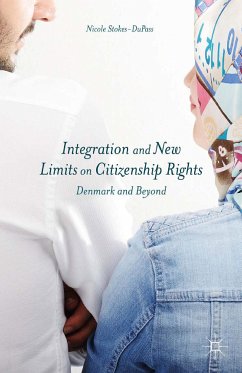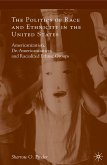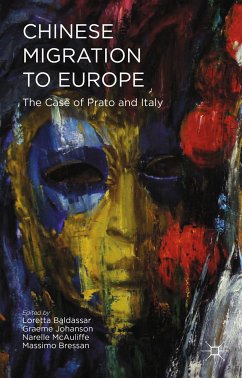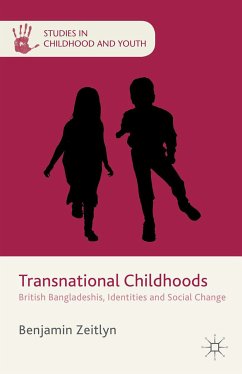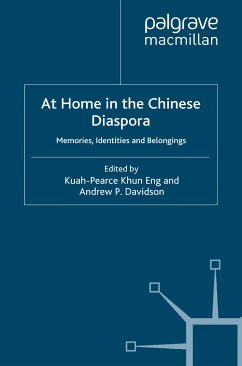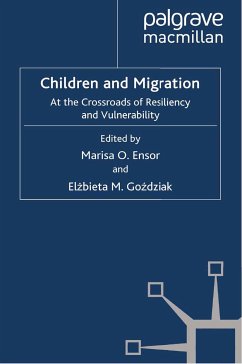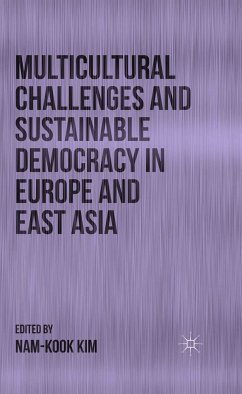Integration and New Limits on Citizenship Rights is a state-centered analysis of citizenship, immigration and social identity. It explores the increasing role of nation states as critical actors in using social policy to affect the social location of immigrants and ethnics and also to redefine what it means to be a full citizen.
"A core argument of the book is that Danish state policies manufactures Danishness. ... The book includes a large number of theoretical perspectives contributions ... . The value of the book is that it is one of the few books in English by a foreigner with an intimate knowledge of Denmark that gives a comprehensive and critical analysis of the cultural and state-centred constructions of ethnic identity and citizenship rights in a country with a strong climate of anti-immigration." (Peter Gundelach, Ethnic and Racial Studies, May, 2016)
"Through rigorous empirical and theoretical analysis, Stokes-DuPass provides insightful ways of understanding how Danish citizenship and identity formation exclude migrants with non-European backgrounds. Stokes-DuPass rightly argues that the nation-state continues to be an important locus of power in structuring and regulating the unequal relationships between ethnic Danes and naturalized Danes. This is a critical and timely contributionto the study of citizenship in Scandinavia that is tormented by explicit anti-immigration forces. Stokes-DuPass has written an original and knowledgeable book and has made a significant contribution to the field of Nordic migration and citizenship studies." - Barzoo Eliassi, Senior Lecturer, Linnaeus University and Research Associate at Oxford University and the Centre for Middle Eastern Studies, Lund University
"With insight and depth, Stokes-DuPass provides an excellent analysis of citizenship, identity, and race in Denmark. Through her interviews with Danish immigrants and their families, Stokes-DuPass identifies the costs of anti-immigrant policy in a "progressive" welfare state." - Joya Misra, Professor of Sociology & Public Policy, University of Massachusetts, USA, and editor, Gender & Society
"Nicole Stokes-DuPass demonstrates an extraordinary good understanding and knowledge of the Danish society, politics, and culture developments over the period. The findings have interest both for policy actors wanting to derive at socially cohesive societies through better integration and for scholars and students wanting to better understand and study processes of integration and identity formation." - Jon Kvist, Professor of European Public Policies and Welfare Studies, Roskilde University, Denmark
"Through rigorous empirical and theoretical analysis, Stokes-DuPass provides insightful ways of understanding how Danish citizenship and identity formation exclude migrants with non-European backgrounds. Stokes-DuPass rightly argues that the nation-state continues to be an important locus of power in structuring and regulating the unequal relationships between ethnic Danes and naturalized Danes. This is a critical and timely contributionto the study of citizenship in Scandinavia that is tormented by explicit anti-immigration forces. Stokes-DuPass has written an original and knowledgeable book and has made a significant contribution to the field of Nordic migration and citizenship studies." - Barzoo Eliassi, Senior Lecturer, Linnaeus University and Research Associate at Oxford University and the Centre for Middle Eastern Studies, Lund University
"With insight and depth, Stokes-DuPass provides an excellent analysis of citizenship, identity, and race in Denmark. Through her interviews with Danish immigrants and their families, Stokes-DuPass identifies the costs of anti-immigrant policy in a "progressive" welfare state." - Joya Misra, Professor of Sociology & Public Policy, University of Massachusetts, USA, and editor, Gender & Society
"Nicole Stokes-DuPass demonstrates an extraordinary good understanding and knowledge of the Danish society, politics, and culture developments over the period. The findings have interest both for policy actors wanting to derive at socially cohesive societies through better integration and for scholars and students wanting to better understand and study processes of integration and identity formation." - Jon Kvist, Professor of European Public Policies and Welfare Studies, Roskilde University, Denmark
